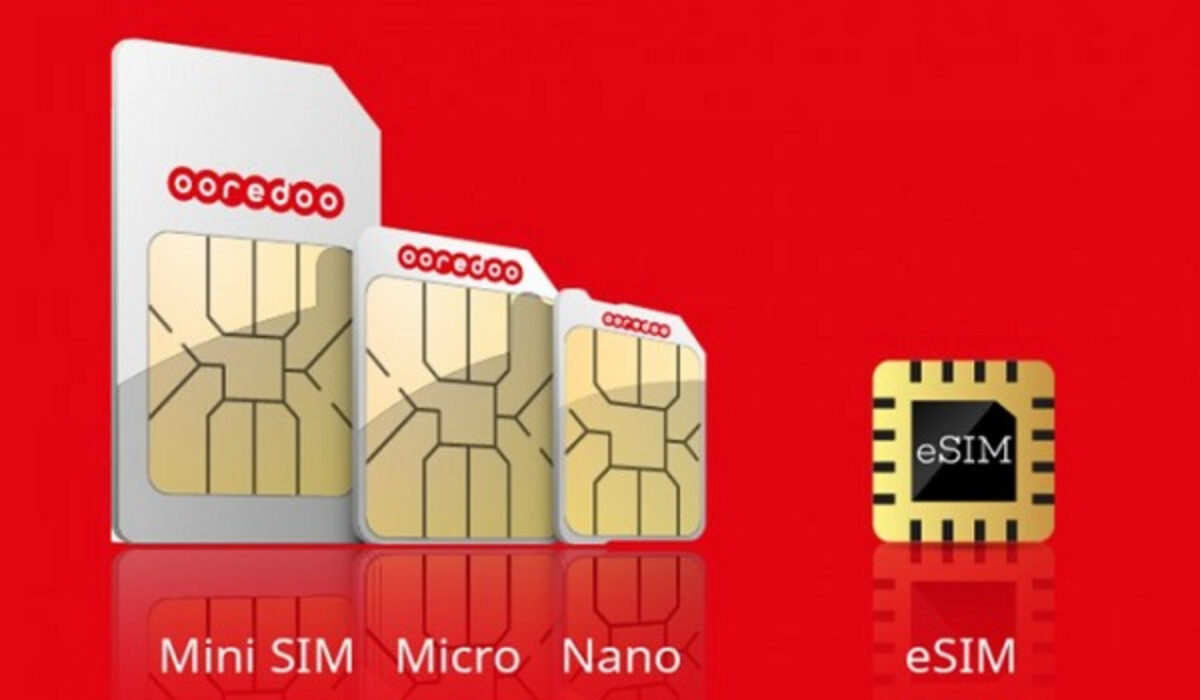We are all familiar with the standard SIM card. A few of us have transited over to the microSIM card, which is smaller than the regular SIM. I crossed over to microSIM because of the Nokia N9, and my current smartphone, the HTC One X, uses the microSIM standard too.

This year, Apple iPhone 5 has hit the market as the first phone using the nanoSIM card, which is even smaller than the microSIM. The nanoSIM is not just smaller, it is also thinner than the microSIM, so it isn’t just a case of cutting your regular or micro SIM to be able to use it in a nanoSIM mobile.
The miniaturization of SIMs allows for more room inside mobile devices, such that manufacturers can put in bigger batteries or other required components.
From the standard SIM card, to microSIM, to nanoSIM, we see a progression of miniaturization of the SIM card. Ultimately, the SIM card might have to disappear entirely. I call it noSIM. The question is, How will this work? I don’t know exactly how, but I am sure that technology will make it happen.
2022 Update: The disappearance of the physical SIM card is now only a matter of time, as what I referred to as “noSIM” in this 2012 article is now a reality and is called e-SIM or eSIM, whichever way you prefer to type it. Here is everything you wanted to know about eSIM.
- Don’t miss our mobile phone reviews.
- Follow our news on Google News.
- Join our WhatsApp Group, to be notified of the most important articles and deals,
- Follow us on Instagram, Facebook, Twitter, and YouTube.